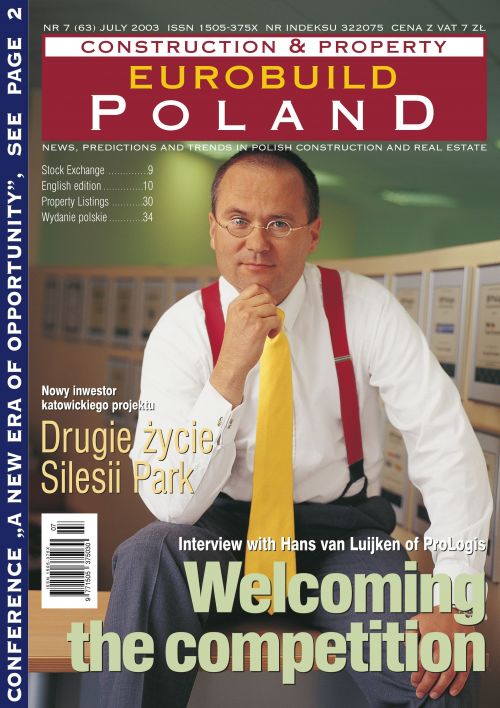With four thousand, Poland after the UK, has the second
highest number of real estate valuers in Europe. Germany, a larger country, has
significantly fewer: between one and two thousand. But of that mass of Poles who
professionally value property, only about fifty work for international real
estate consultants; the vast majority of the others work for themselves. Neither
group it would seem, however, gets in the other's way
Miles away, both in distance and surroundings from the big
international real estate firms, Jolanta Łopacińska and Irena Sobiech work
from a humble office out in the Warsaw suburb of Ursynów, under their firm's
name TERRA. The air conditioning and conference rooms the international firms
take for granted in their Class A buildings are a world apart. Yet the two women
have been valuing property in Warsaw for the past nine years and possess a
bearing which suggests they'll be doing business for some time to come. And
neither do their clients consist si




























































